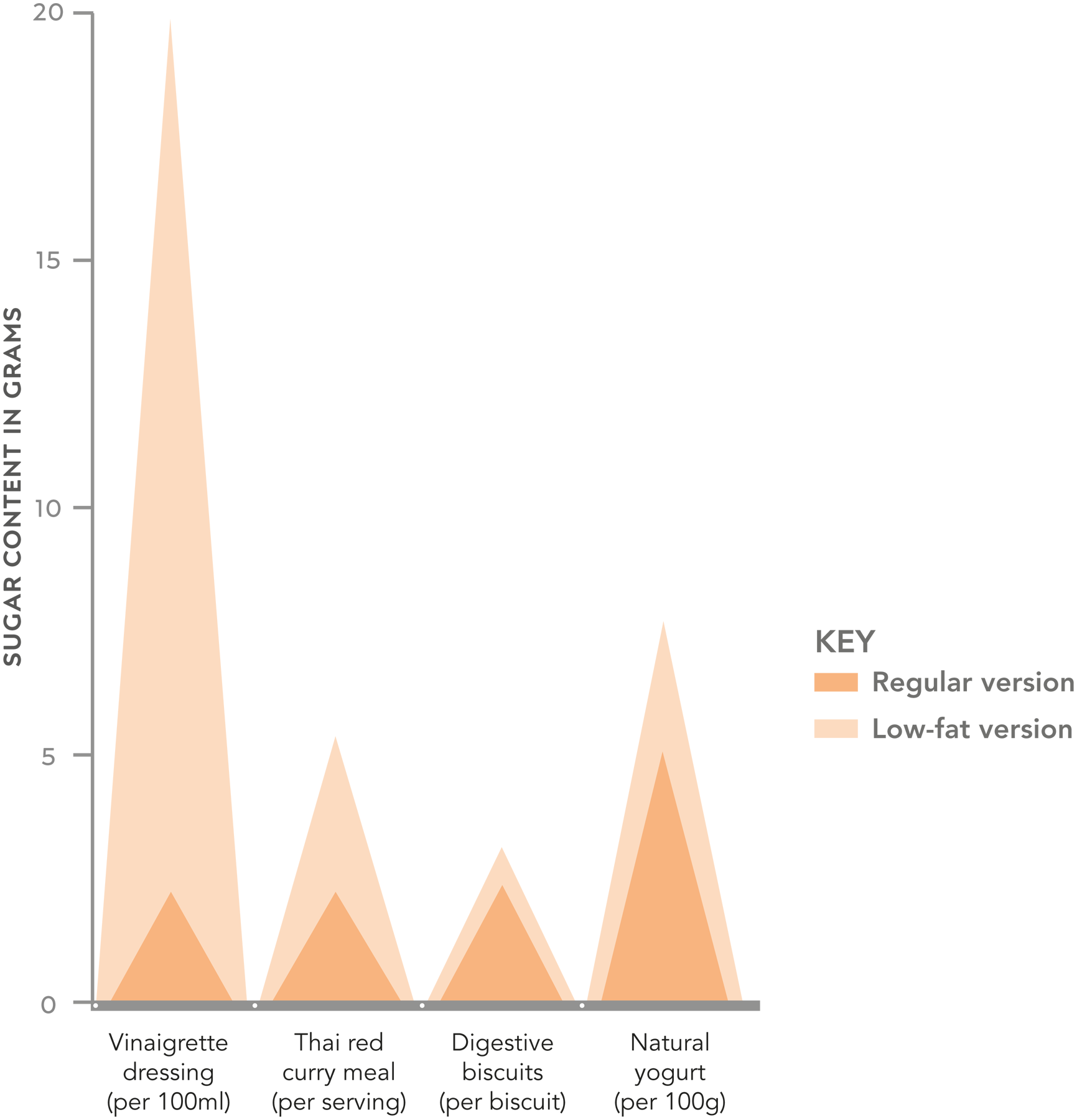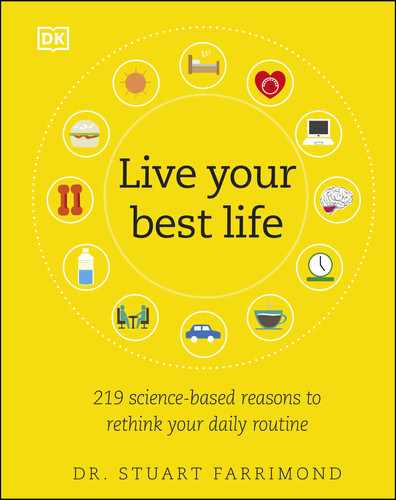Are Fats Good or Bad for Me Now?
In the last century, no foods have suffered more fluctuating fortunes than fat. Recent science points to evidence that most fats are more sinned against than sinful.
Since the mid-1950s, fats have been blamed for obesity and many other health woes. Much of this fat blaming has turned out to be baseless and motivated by marketing, not science (see Big Sugar Shifts the Blame). Low-fat diets in one form or another dip in and out of fashion. They can be effective in the short term, although they may throw up other health issues (see below).
There are two main different types of food fats, and many fats and oils contain both. Saturated fats are easy to spot because they’re solid at room temperature—think cheese or the rind on a pork chop. They come mainly from animals but are also found in coconut and palm oils. Eating too much can lead to high levels of harmful cholesterol. Floating through the bloodstream, cholesterol soaks into the walls of arteries, eventually clogging them—much like pouring too much bacon fat down the sink will block your drain. Conversely, unsaturated fats, which are usually liquid oils at room temperature and are found mainly in fish and plant-based foods, do not cause a buildup in the same way—they may even help keep arteries clear and are linked to good heart health.
Like coals on a fire, fats provide long-term energy and also cause the “gut brain” to quickly lower hunger levels. Fats are also essential to provide the building blocks for nerve sheaths and a range of hormones as well as the outer coating of every cell in the body.
Strictly speaking, fats don’t even make you fat! They do, however, make food taste great, so it’s tempting to eat more than you need. Low-fat versions of common foods can be a bad choice, because the extra sugar and salt added to offset the blandness can cause weight gain.


n Double-tap image to read the labels
low fat, high sugar
If you compare the sugar content of some processed foods with low-fat versions, the result can be a shock. Reduced fat means less taste, so many manufacturers compensate by adding sugar—and plenty of it.
good fat sources
- Plant oils, such as olive, sunflower, or rapeseed oil
- Some nuts, particularly almonds, Brazil nuts, and peanuts
- Avocados
- Seeds, such as sesame and sunflower
- Oily fish, such as salmon, trout, and sardines
The heart attack is a disease of modern times. Once an obscure medical emergency, by 1960, one in three American men were dying of heart disease, and everybody blamed saturated fats.
